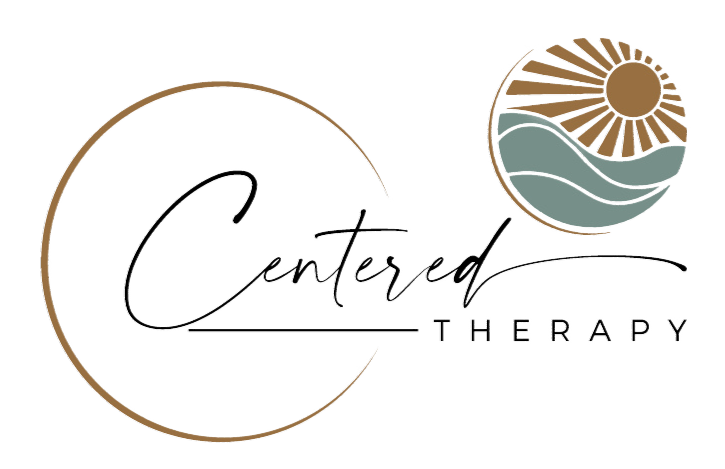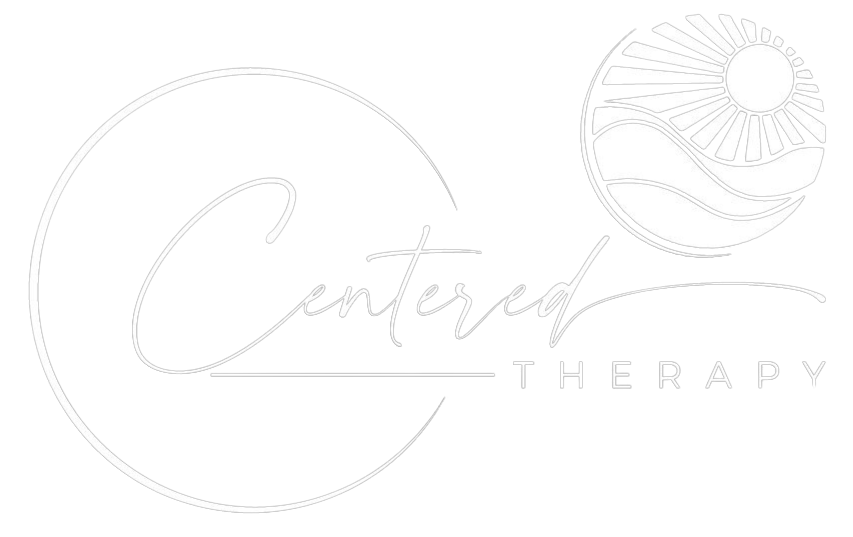What is Anorexia Nervosa?
Anorexia nervosa, which is often simply called anorexia, is an eating disorder that causes people to seriously limit how much they eat because of an irrational fear of gaining weight. However, it is important to understand that anorexia isn’t really about food—it is actually a behavior that people do to try and cope with emotional problems.
People with anorexia often equate thinness with health and self-worth. But anorexia actually physical and emotional illnesses including abnormal heart rhythms and an imbalance of the minerals and nutrients in your body.
Though many people believe anorexia only affects teenage girls and women, the truth is that anyone can develop anorexia. The rate of males developing anorexia is increasing, as it is for people who identify as LGBT. No matter who has it, all eating disorders such as anorexia are dangerous. Without treatment, anorexia is fatal in approximately 20 percent of people. The good news is that when it is addressed with mental health care, the rate drops as low as two percent. If you or someone you know shows symptoms of anorexia, be sure to seek help immediately.
All eating disorders are dangerous, particularly anorexia. Without treatment, anorexia is fatal in approximately 20 percent of the people it affects. With mental health care, the rate drops as low as two percent. If you or someone you love shows symptoms of anorexia, be sure to seek help immediately.
Signs and Symptoms of Anorexia Nervosa
Without treatment, anorexia takes a toll on both mental and physical health, that’s why it’s important to know the signs, and to monitor anyone who is showing those signs. Mental health symptoms tend to revolve around a person’s distorted body image and a fear of gaining weight. This causes the person to engage in unhealthy behaviors around food, such as severely restricting what and how much they eat. These rigid and obsessive behaviors lead to physical signs of anorexia such as excessive weight loss and thinness.
Emotional Symptoms of Anorexia You May Experience
- Obsessive thoughts about food
- Excessive fear of gaining weight
- Obsessing over perceived flaws in your body
- Social isolation or withdrawal
- Unusual irritability
- Flat affect
- Low self-esteem
Behavioral Symptoms of Anorexia You May Observe
- Dieting and fasting in extreme ways
- Exercising too much
- Vomiting or abusing laxatives to lose weight
- Ordering or preparing food but not eating it
- Refusing to eat or making excuses for not eating
- Eating only a few specific foods, typically those low in calories
- Spitting food out after chewing
- Lying about how much you ate
Physical Symptoms of Anorexia You May See or Feel
- Low body weight
- Fatigue
- Insomnia
- Loss of menstruation (if applicable)
- Fainting or dizziness
- Dehydration
- Discoloration of fingers, typically bluish
- Irregular heart rate
- Thinning or brittle hair
- Yellowish or dry skin
Physical Approaches to Losing Weight
People with anorexia may try to control their weight by vomiting after eating (purging) or by misusing laxatives, diet aids, diuretics, or enemas. They may also try to lose weight through excessive exercise. All of these behaviors take a physical toll on their body and can result in increasingly bad health.
A note about weight and anorexia: Some people with anorexia have average or even high body weights. Only about six percent of people with eating disorders are medically classified as underweight. Furthermore, some people are thin and do not have an eating disorder. While extremely low body weight can be a symptom of anorexia, someone’s size should not be used solely to diagnose or rule out an eating disorder.
How is Anorexia Diagnosed?
A healthcare provider will diagnose someone based on criteria listed in the Diagnostic and Statistical Manual of Mental Disorders (the DSM-5). Indicators include:
- An intense fear of gaining weight or being considered fat
- Severely restricting calorie consumption leading to weight loss
- A significantly low body weight based on age, sex, and height
- Inability to realistically assess their body weight and shape
- A deeply held belief that their self-worth is based on their appearance
- Denies the seriousness of their low body weight or food restrictions
What Causes Anorexia Nervosa?
There’s no single cause for anorexia. Instead, there are several biological and social risk factors that make someone more likely to develop the disorder:
- Enduring criticism about weight or eating habits
- Having a long history of dieting
- Living with an anxiety disorder
- Having unresolved trauma, particularly sexual abuse
- Having a close biological relative with the disorder
- Having personality traits such as perfectionism
- Experiencing racism and/or homophobia
People can experience many of these risk factors without developing anorexia or an eating disorder. Likewise, someone does not need to have these risk factors in order to develop the disorder.
How is Anorexia Nervosa Treated?
Initial treatment of anorexia nervosa depends on the severity of the disorder at the time of treatment. Anorexia may be treated with a combination of types of therapy and medication, depending on the patient’s needs.
Some patients may require inpatient treatment with 24-hour care, others may need intensive outpatient programs, while people in the early stages of anorexia may be able to start with outpatient resources. It’s important to have an eating disorder expert assess a person’s condition before deciding on what type of care is needed.
Therapy is the gold standard of care for people with anorexia nervosa. The exact types of therapy a person needs may depend on their comfort level, causes for anorexia, and any other related disorders they have.
Types of therapy for anorexia include:
- Individual counseling
- Cognitive Behavioral Therapy (CBT)
- Dialectical Behavioral Therapy (DBT)
- Group therapy
- Family therapy
- Inpatient treatment centers
- Intensive outpatient programs
Online Therapy for Anorexia
Many of the types of therapy that can help someone with anorexia can be done virtually. Online therapy for anorexia increases access for people who may not be able to go to in-person sessions. Centered therapy counseling Health offers both in-person and online therapy for people with anorexia.
Medications for Anorexia
There are no approved medications specifically for anorexia. However, many patients take medications as part of their comprehensive mental health care plans. This is because many people who live with anorexia also live with other mental health disorders that can worsen the symptoms of anorexia. A psychiatrist or advanced nurse practitioner may prescribe medication to treat those other conditions, which can lessen the severity of anorexia symptoms.
Whatever type of therapy you ultimately end up choosing, the most important thing is that you get the treatment you need to get it under control and to address any underlying issues so that you can get back to leading the life you want to live.

